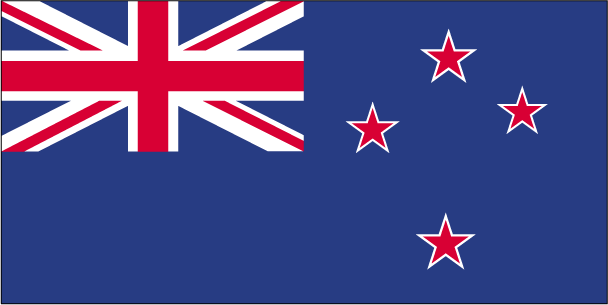|

xx
x
x
x
The Issue: New Zealand Judges are not required to give reasons for decisions. (Case law below)T
The Impact: Without legislation that New Zealand Judges must give reasons for decisions-
- An effective "Right of Appeal" is not guaranteed. What will
be the ground of appeal against a determination not supported by reason?
- New Zealand's commitment to the rule of law and the sovereignty of Parliament comes into question.
Leave a message to let Kiwis know we care:
x
x
Recent messages:
| Name: | Sandy Chandra |
| Country: | London (Eng), Dunedin (NZ) |
| Message: | Goes without saying really... If New Zealand's democracy is to be respected, then it's really not a question of deserving, it should be so be default. It's one of those unwritten rules! |
Name: |
Dalet Ehud |
| Country: | Canada |
| Message: | Lord Hewet put it succinctly when he said, "… it is not merely of some importance but is of fundamental importance, that justice should not only be done, but should manifestly and undoubtedly be seen to be done." The absence of any reasoning in a judge's decision raises doubts as to partiality, particularly when the case is of a controversial nature. |
| Name: | kaiparameinana lawful sovereign being Tangata-whenua |
| Country: | Te ika-a-maui, Aotearoa, Tuhua, Te Wai pounamu, Raki-ura |
| Message: | how can you have a fair hearing in NEW ZEALAND courts when NEW ZEALAND does not have a single written constitutional document, if there is no constitution there is no law, so what is left is lawlessness now it is assumption and a legal systom that runs contary to law |
| Kim Birkenfeld taking a break. December 2009 |
 |
| Grounds of Parliament, Wellington, New Zealand |
x
x
___________x
x
x
x
x
______________________________________
Case Law:
1982: R v Awatere [1982] 1 NZLR 644 -
Clarified issue that Judges are not required to give reasons.
2009: Kimberly Birkenfeld v Anthony Bruce Kendall and Yachting New Zealand SC7/2009 NZSC 68 [1 July 2009] -
Jan. 2009 Application for Leave to Bring Appeal filed in Supreme Court of New Zealand - Issue: Right to reasons for judicial decisions based on ICCPR 14(1).
Outcome: The Court denied the Appellant right to contradict new issues raised by Respondents and dismissed the application.
Effect: The Supreme Court avoided the issue of right to reasons.
- Will New Zealanders wait another 27 years for the issue to appear before the court, or will Parliament wake up and legislate that judges in New Zealand be required to give reasons?
Right to Reasons for Judicial Decisions in Comparable Jurisdictions:
Australia: The judgment must contain reasons for the decision on matters of both fact and law. *
The European Court of Human Rights: ...reiterates that Article 6 para 1 (ECHR 1953) obliges courts to give reasons for their judgments...**
England and Wales: The right to fair trial provisions of Article 6, Schedule 1, Human Rights Act 1998, are interpreted as requiring reasons to be given for final judgments.***
In 1999, the Privy Council in London interpreted common law as requiring that reasons be given for administrative decisions - in addition to judicial decisions. Case law: Stefan v GMC [1999] 1 W.L.R. 1293 (PC).
* Grubbs, (ed), International Civil Procedure (2003) 45.
** Plowden & Kerrigan, Advocacy and Human Rights (2002) p. 410.
*** Grubbs, (ed), International Civil Procedure (2003) 191.
x
Like citizens of other democracies,
every New Zealander deserves right to reasons for judicial decisions. Wake up Parliament.
|
|
|